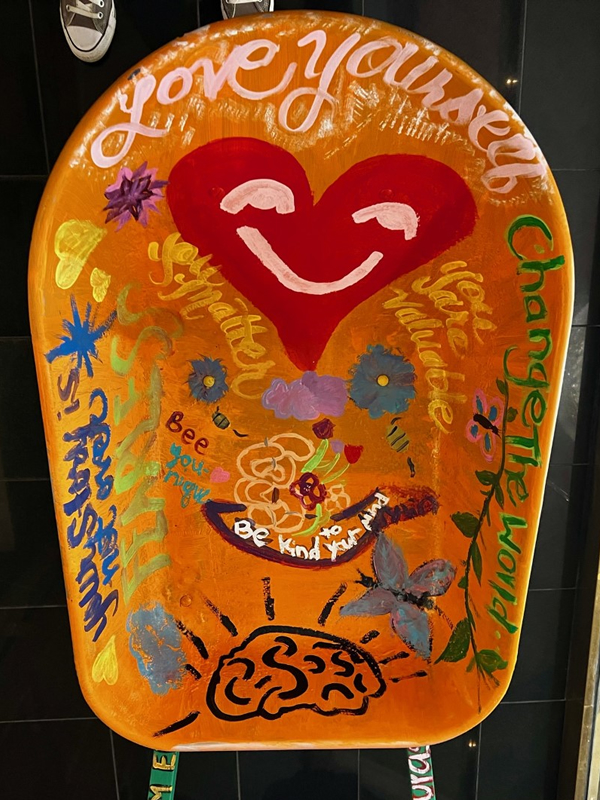Health Navigator Program

The Peer Health Navigator Program serves vulnerable populations with barriers to accessing and obtaining appropriate health care who are more likely to have poor health outcomes. The Health Navigator program assists in addressing these barriers and improving health outcomes for underserved and vulnerable populations in need of healthcare including persons with mental illness, financially disadvantaged (low-income and homeless), veterans and older adults.
This program’s primary focus is on physical health. Mental health is a component as physical and mental health are interrelated. Clients are recruited through our outreach team’s efforts and collaborative partnerships. We are part of a county-wide collaborative of health and other service organizations focused on targeting vulnerable and underserved populations in need. We partner with the Ventura County Medical Center/Healthcare Agency, Ventura County Behavioral Health, St. John’s Regional Medical Center, Community Memorial Health System, Ventura County Public Health, Ventura County Human Services Agency, Veterans Administration, non-profit community-based organizations, and local municipal services among other partners. Referrals are made to Turning Point by these agencies. We collaborate with diverse sectors of the community including government, healthcare, business and faith-based organizations to maximize limited resources in order to meet health and wellness needs.
Peer Health Navigator case managers and counselors provide the services and activities listed below that address healthcare needs and improve health outcomes of program participants (clients).
- Coordinate healthcare assessments to be conducted (initial physical health, mental health, and substance abuse assessments) for each new client.
- Develop an individualized healthcare plan with each client.
- Arrange for TB tests and follow-up appointments.
- Assist clients in health insurance enrollment.
- Coordinate physician visits and other medical, mental health and substance abuse treatment/appointments/services.
- Arrange transportation and/or provide transportation to healthcare appointments and related services as needed.
- Provide ongoing follow-up with clinics, healthcare providers/services and clients to ensure follow through with referred, prescribed, or recommended treatments/activities and progress toward healthcare goals and outcomes.
- Coordinate care among providers, provide on-going communication with medical/healthcare providers and patients (clients/program participants) to ensure follow through on treatment, medication adherence and coordination of care.
- Provide emotional support to alleviate fears and barriers to accessing and obtaining needed healthcare and following treatment plans, activities, and services to improve health outcomes.
- Provide health education to enhance health literacy.
- Assists clients in obtaining other needed goods and services that contribute to a healthy life and overall well-being to improve health outcomes.
- Conduct a 6-month follow-up with all clients to evaluate healthcare needs, progress toward health goals and health outcomes. Update healthcare plans accordingly.
- Maintain detailed records to track healthcare plan progress and health outcomes on all clients. Information is collected on the above activities and entered in the medical section of the client chart and electronic medical record in KIPU (electronic medical records software system).